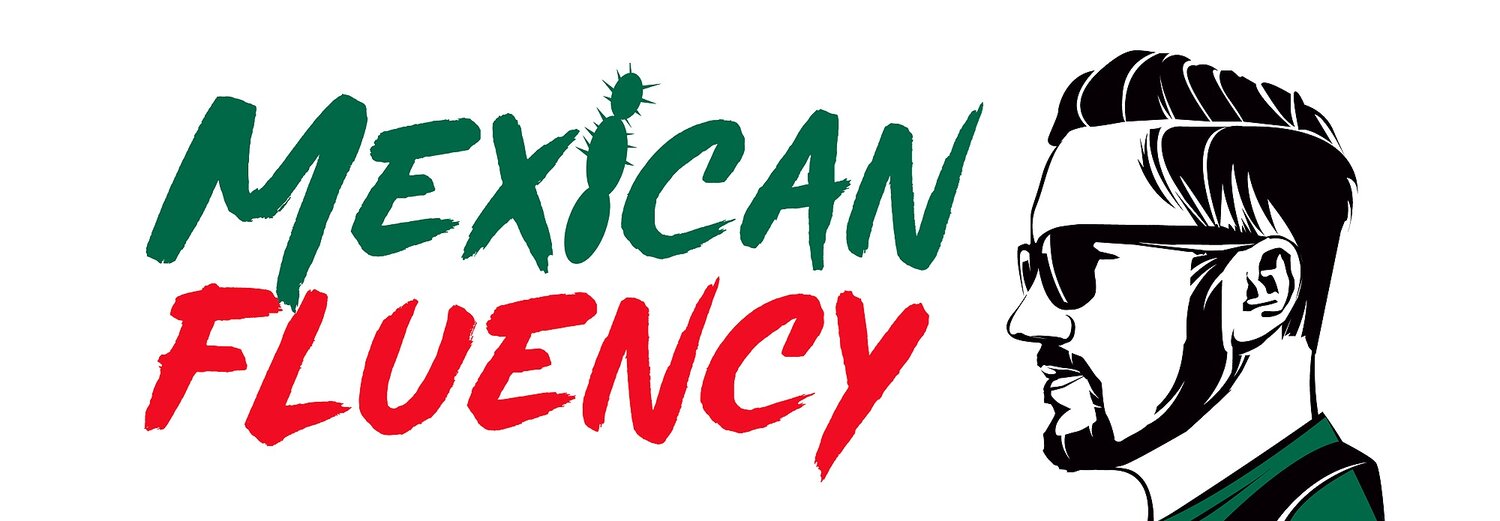Learn Spanish “Filler Words” for Faster Fluency (Pt. 1)
Are you looking to enhance your Spanish conversation skills?
One effective way to sound more natural and fluent is to incorporate filler words or "muletillas" into your speech.
Muletillas (literally “walking sticks”) are conversational devices that Spanish speakers commonly use to aid their discussions.
In English, we call them “filler words,” but this term doesn't truly capture their role in conversation and their usefulness.
This three-part series will introduce you to common Spanish filler words that can help you regain your train of thought, boost your confidence, and improve your conversational skills.
Let's begin with Part 1!
Understanding "Filler Words"
Filler words often serve as a pause, indicating that we haven't finished speaking. They're useful when we're uncertain or trying to recall what to say.
English filler words include "like," "anyways," "I mean," "basically," "you know," "actually," "or something," "and stuff," and "oh well."
Note that the filler sounds "oh" or "um" are similar to the Spanish fill sounds ah and mm.
Common Spanish Filler Words
In this section, we'll explore commonly used filler words in Spanish, their meanings, translations, and examples.
Este
Este is a favorite filler word among Mexicans, similar to "say" or "hmm" in English. It indicates that the speaker has lost their train of thought and needs a moment to recover.
Example dialog:
A: ¿Qué te iba a decir? Este... (What was I going to say? Hmm...)
B: ¿Algo sobre el trabajo? (Something about work?)
Pues
Pues is the counterpart of "well," "sure," or "anyways."
Example dialog:
A: ¿Quieres ir al cine? (Do you want to go to the movies?)
B: Pues, no sé. (Well, I don't know.)
Lo que te quería decir es que
This phrase means "What I wanted to say was..." and gives the speaker time to think about what they were about to say.
Example dialog:
A: Lo que te quería decir es que, creo que necesitamos más tiempo. (What I wanted to say was, I think we need more time.)
B: Estoy de acuerdo. (I agree.)
Fíjate que
Fíjate que is a common filler phrase, especially when people gossip. It translates to "focus" or "notice" but is used to mean "let me tell you."
Example dialog:
A: Fíjate que, ayer vi a Juan con otra mujer. (Let me tell you, yesterday I saw Juan with another woman.)
B: ¡No me digas! (You don't say!)
Part 1 of this series covers several common Spanish filler words to help you sound more natural and fluent in conversation. Stay tuned for Part 2, where we'll discuss even more filler words and phrases to enhance your Spanish-speaking abilities further!
